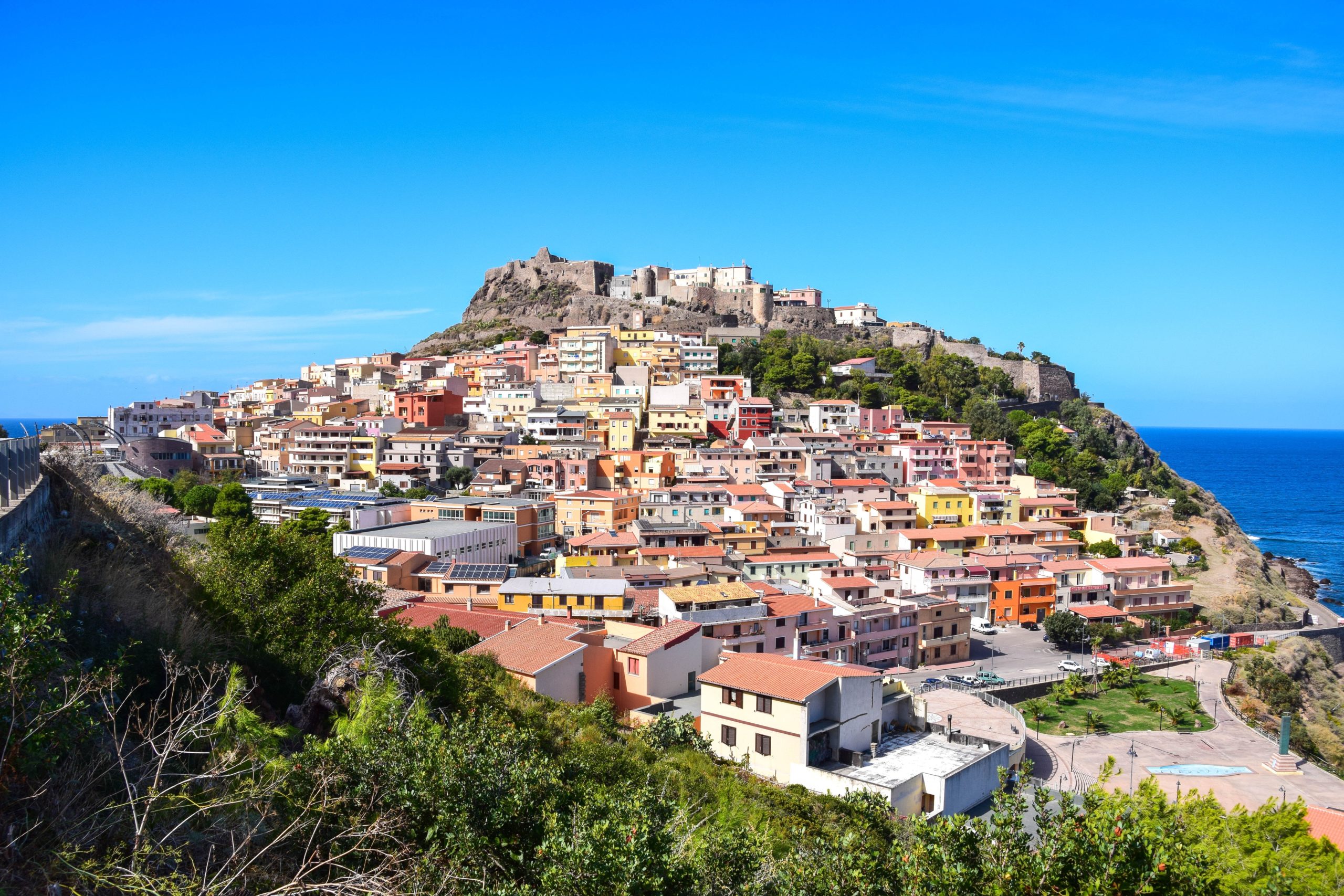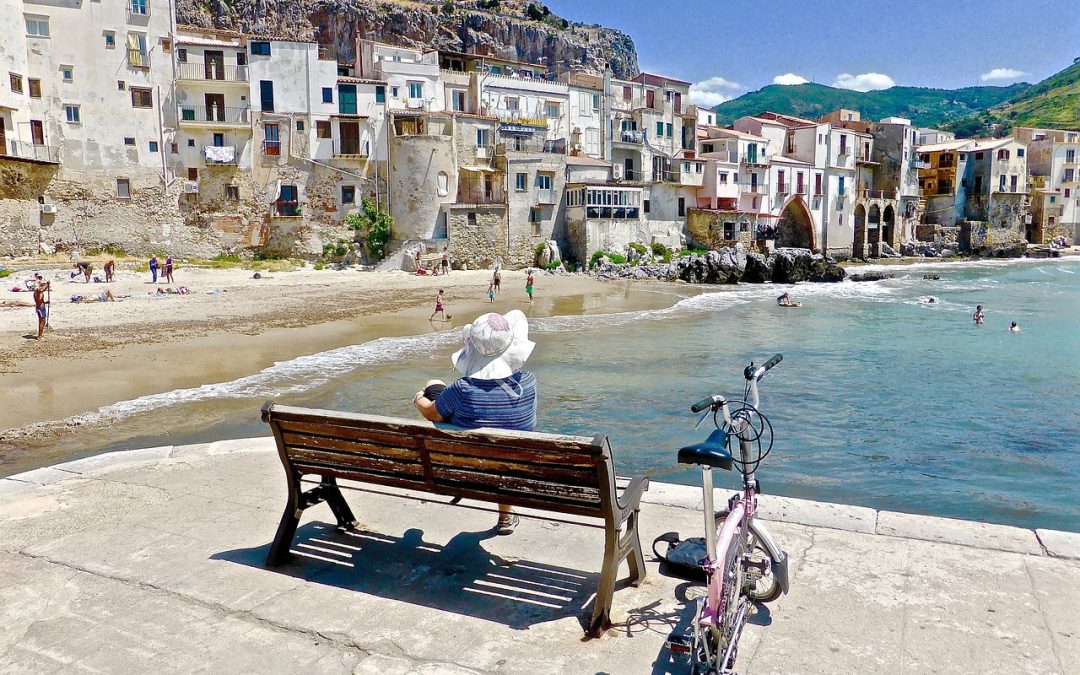
by Serena | Dec 7, 2023 | beginners, Italian grammar
What's in this article Toggle The 49 Most Common -ARE Verbs in ItalianHow To Conjugate ‘-are’ Verbs with the Present Tense The 49 Most Common -ARE Verbs in Italian The -are conjugation is the most common one in Italian.As a beginner, a good practice...

by Serena | Dec 6, 2023 | vocabulary
Ecco is an invariable Italian adverb that can be used in a variety of meanings. Let’s take a look at some of the most common ones in the form of sample sentences that you can easily insert into your flaschards sets. Ecco = Here is / Here are Ecco is an...

by Serena | Dec 6, 2023 | vocabulary
Everyone has heard at least once the words “basta! or “abbastanza” or “mi basta.”And although they all look very similar, their uses and meanings differ significantly. Let’s take a look at it now! Basta Basta! means enough!...

by Serena | Dec 6, 2023 | vocabulary, Italian grammar
Cioè is one of those words that Italians frequently throw-in during a conversation. In English, cioè can take different translations, depending on the context. In any case, no matter the context, cioè is used to provide or give additional information about something...

by Serena | Dec 6, 2023 | vocabulary, intermediate, Italian grammar
When expressing how long something takes in Italian, we use either “ci vuole” or “ci metto,” but they function differently. Volerci Volerci is a verb with two main meanings: To take time – It expresses how much time is required for...

by Serena | Dec 6, 2023 | vocabulary
Do you want to sound more natural when speaking Italian? No matter you are new to the beauty of the bella lingua or you have already spent several years studying it, these 10 useful slang expressions, will help you to speak Italian more like a native...

by Serena | Dec 6, 2023 | exams, vocabulary
Whether you need to write an email to your Italian neighbor or prepare for your Italian Language Certification exam, this guide will help you do just that. Writing an email in Italian is not so difficult. All you need is following this structure: Standard greetings...

by Serena | Dec 6, 2023 | vocabulary, Italian culture
Learning sayings in Italian may not only help you with your learning but also give you an insight into the culture of Italy. There are many Italian sayings that are used in everyday life; Most Italian proverbs have clear cultural or regional boundaries, making them...

by Serena | Dec 6, 2023 | vocabulary
First, the word “time” has two primary translations in Italian: tempo and ora. Tempo denotes the abstract idea of time (Il tempo vola = time flies) Ora is instead the the, by the clock (che ore sono? = what times is it?) How to Say...











